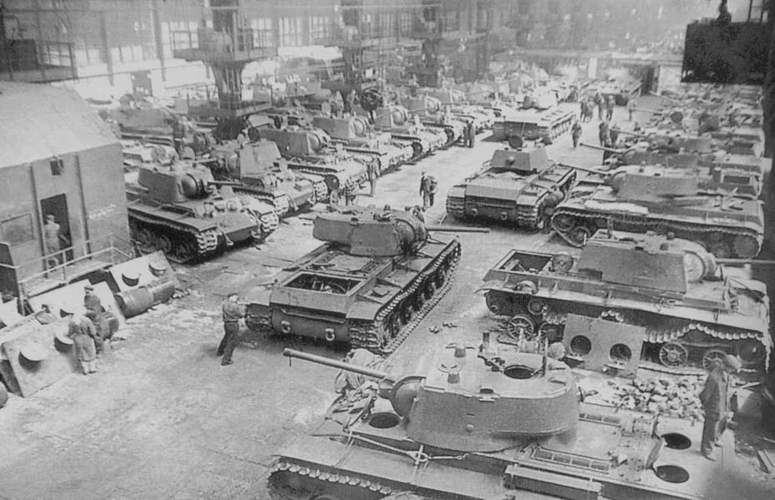Ok, so how about a few U-boats each towing a 500 ton tanks of Tabun converted to an aerosol by a spray rigs. I don’t believe the US distributed gas masks to the general population, not that they’re any good against nerve agents. A favourable wind direction, starting at say 3.00 am, the surprise and shear terror, particularly if it significantly hit the Washington leadership would be difficult to assess. Using this means, a 5000 ton, nerve gas simultaneously attack against Boston, New York, Washington would have been completely within their capabilities.
The US stockpiled vast quantities of mustard gas in England against the possibility that the Germans might use nerve gas against Allied troops. Germany was well aware of the consequences should it use chemical weapons against anyone, much less against US civilians.
Mounting a nerve gas attack by releasing the agent in open air would in any case be unlikely to prove successful. Tabun wasn't a gas--it was a liquid that would have to be suspended in the air. Such aerosols are notoriously difficult to maintain and control. Winds are fickle. Rain scrubs the droplets out of the air. Many of them drop out of suspension and settle on the surface--the sea in this scenario. Fresh air would rapidly dilute the agent as the cloud drifted onshore. What's more, I believe that sunlight rapidly degrades nerve agents--they aren't persistent. So the submarine crew would likely be the first casualties. They would be closest to the most concentrated agent while working on a small, lively platform in open ocean. Also, if I remember corectly, Tabun was not a modern, military nerve agent like Sarin. It was a less potent organophosphate insecticide akin to those widely used post-war--definitely dangerous, but not likely to cause immediate mass casualties when present in small concentrations.
Mustard gas was, on the other hand, a very effective deterrent, because it is arguably a much more effective weapon than a nerve agent. A nerve agent kills those directly exposed to it and takes
them out of action. Mustard gas maims, burns, and blinds those directly exposed to it, taking both the victims and a much larger number of rescuers and care-givers out of action (in WW1, I've read that a single mustard gas casualty took a total of at least three men out of the line). Mustard gas was a persistent chemical that contaminated buildings and equipment and permeated soil and clothing, often causing injuries long after the original attack and denying the enemy the use of ground and materiel.
Finally, even if we were to accept that a gas attack on Manhattan could somehow extend the war with Germany, this would only mean that the war would end with nuclear attacks on Berlin and other German cities. Hiroshima only suffered because Germany was out of the war by the time that Little Boy and Fat Man were ready--Germany was the anticipated target.


